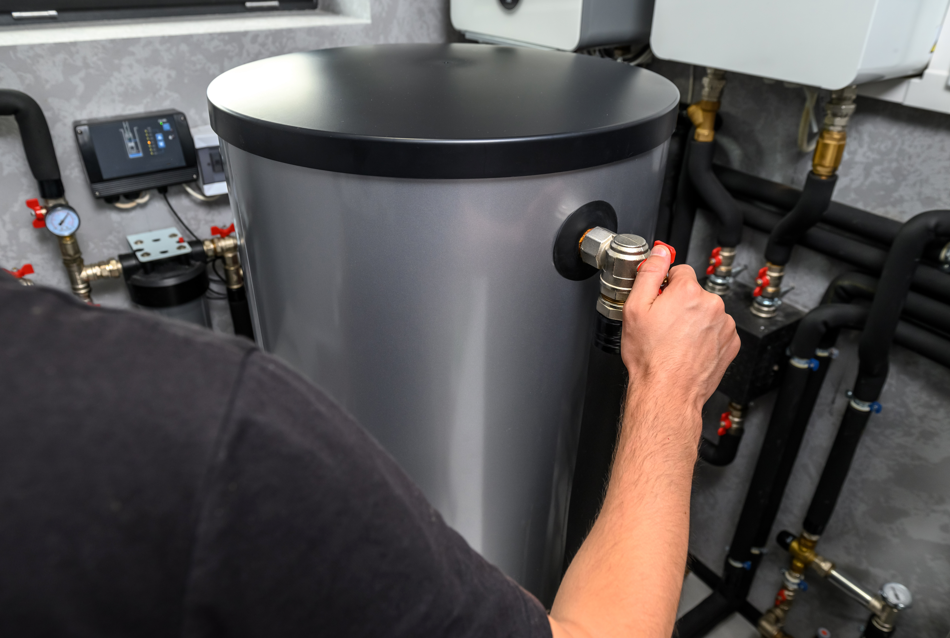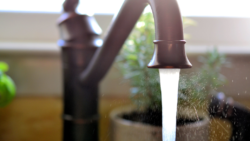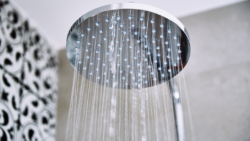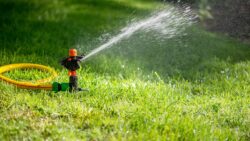
Top Causes of Water Heater Leaks
A leaking water heater can quickly turn into a costly problem if not addressed promptly. From minor drips to major flooding, understanding the common causes of water heater leaks can help you protect your home and ensure your system runs efficiently.
Common Causes of Water Heater Leaks
- Tank Corrosion
Over time, the inside of a water heater tank can corrode, especially if the unit is older. Corrosion weakens the tank, leading to leaks and potential failure. Regular inspections can help identify early signs of rust or deterioration. - Loose Connections
Pipes and fittings connected to your water heater can loosen over time due to vibrations or settling. These small leaks can usually be fixed by tightening connections, but neglecting them can lead to water damage. - Pressure Issues
Too much water pressure can put stress on your water heater and cause it to leak. This often happens when the thermal expansion tank fails or when the home doesn’t have a working pressure reducing valve to keep pressure below 80 psi. High pressure doesn’t just affect the water heater, it can damage other plumbing fixtures in your home too. If you suspect pressure problems, call a licensed plumber to test your system and make any necessary repairs. - Sediment Buildup
Mineral deposits from hard water can settle at the bottom of the tank, causing overheating and accelerating corrosion. Over time, this corrosion can eat through the tank, leading to water leaking from the bottom. Flushing your water heater annually helps remove sediment, keeps your system running efficiently, and prolongs its lifespan.
How to Detect a Water Heater Leak
- Check for puddles or moisture around the base: Even a small drip pooling near the tank can indicate a leak.
- Inspect the pipes and fittings: Look for water at connection points and valves, loose or corroded fittings can be a source.
- Listen for unusual sounds: Hissing, dripping, or popping noises may signal internal tank issues or sediment buildup.
- Monitor water pressure: A sudden drop or unusual fluctuations could indicate a leak inside the tank.
- Smell for rust or musty odors: Corrosion inside the tank can create rust-colored water or odors around the unit.
Once you’ve identified a potential leak from your water heater, it’s important to address the issue quickly to prevent water damage.
Prevention Tips
- Schedule regular inspections: Have a licensed plumber check your water heater annually for signs of wear, leaks, or corrosion.
- Test the pressure relief valve: Ensure it’s functioning properly to prevent excessive pressure buildup.
- Flush the tank yearly: Removing sediment keeps your heater running efficiently and reduces the risk of leaks.
- Monitor for early warning signs: Drips, puddles around the tank, or unusual noises can indicate problems before they escalate.
- Consider a home water monitoring system: These systems detect leaks early, alert you immediately, and some can automatically shut off your water to prevent major damage.
How APPC Plumbing Can Help
Our licensed, bonded, and insured team can inspect, maintain, and repair your water heater to prevent leaks and extend its lifespan. If you’re experiencing a leak or want a preventive checkup, APPC Plumbing has the expertise to keep your home’s water system safe and reliable.
Don’t wait for a small leak to turn into a major issue, contact APPC Plumbing today to schedule a service.




